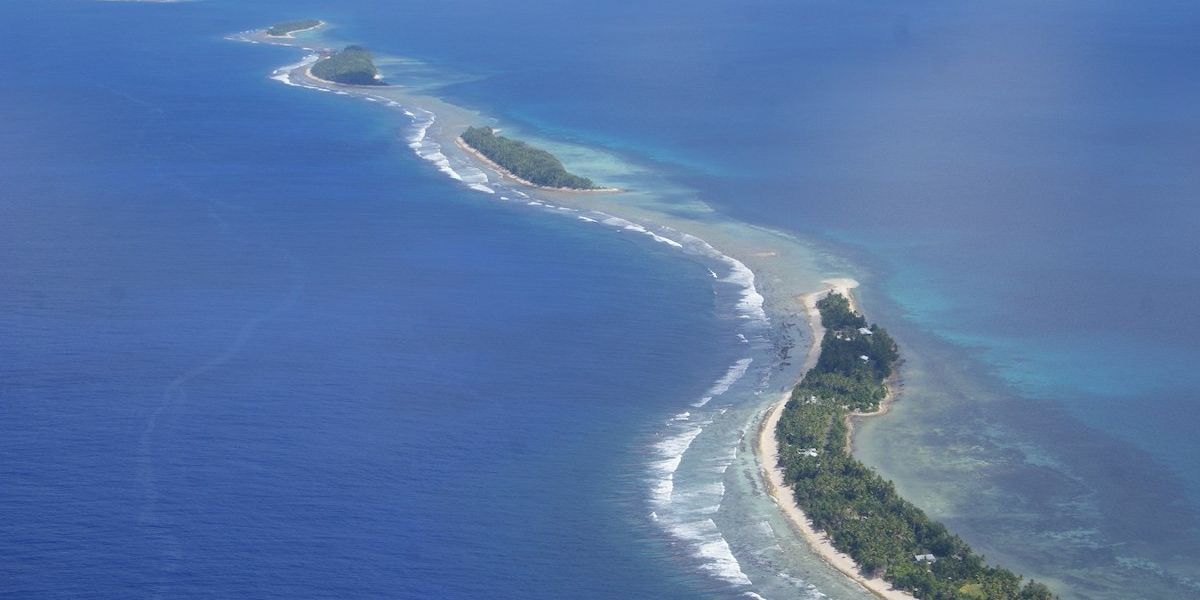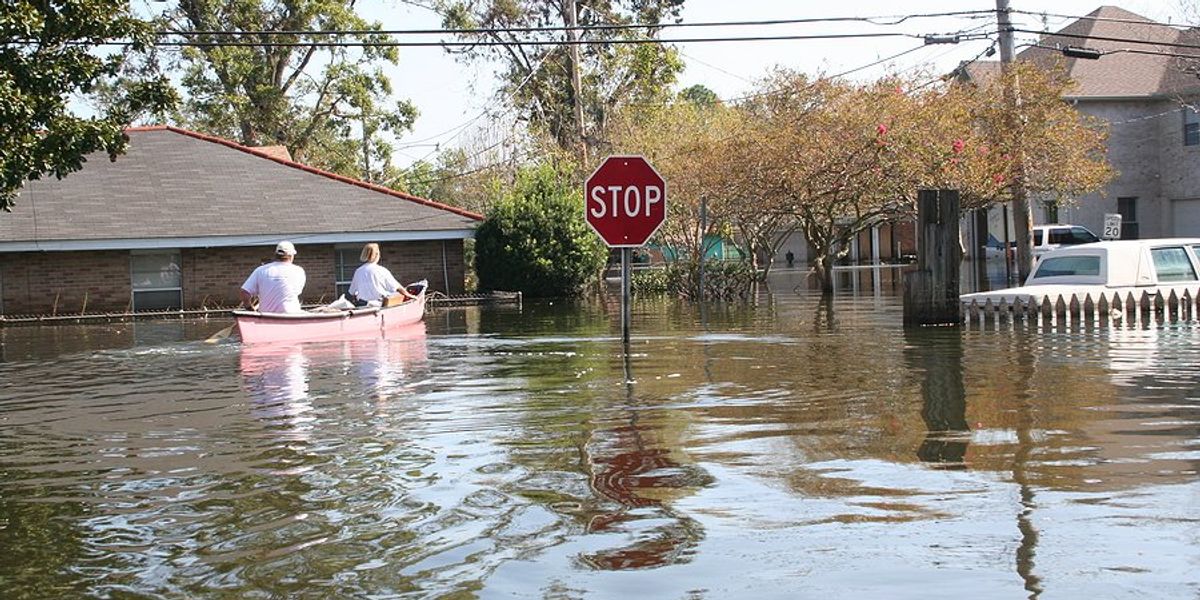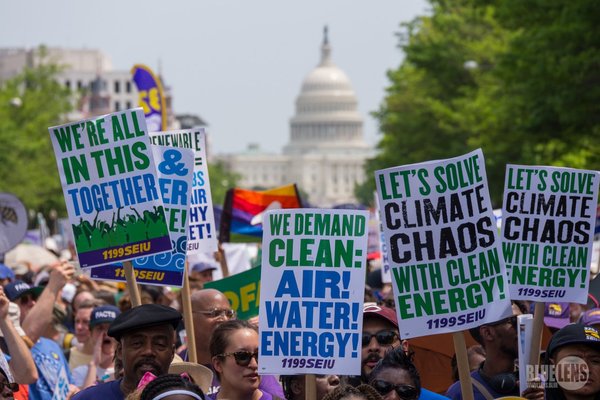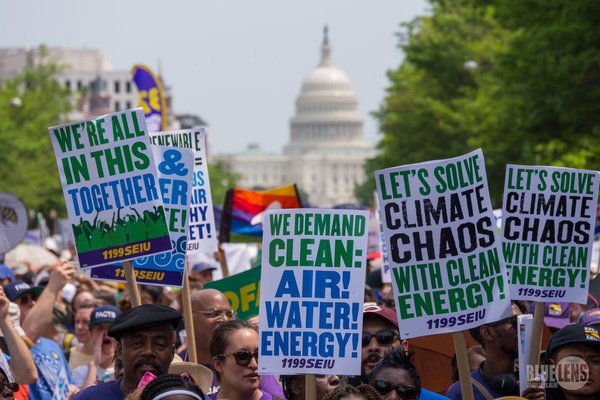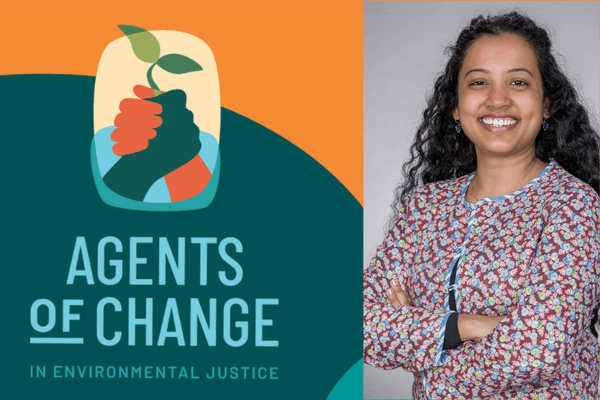
Midwest sees fewer clean energy investments in disadvantaged areas than other regions
Private clean energy investments in the U.S. have increased since the 2022 Inflation Reduction Act, with funds largely supporting disadvantaged communities, but the Midwest lags behind other regions.
Kristoffer Tigue reports for Inside Climate News.
In short:
- Since the Inflation Reduction Act, more than 40% of private clean energy funding is directed to disadvantaged U.S. communities, yet the Midwest’s share dropped from 14% to 12%.
- Factors like fewer qualifying areas, fewer large-scale projects and cultural or political influences may explain the Midwest's reduced investment.
- Some experts cite the Midwest’s historical lack of industrial manufacturing and reluctance to offer large tax incentives as additional hurdles to attracting clean energy manufacturers.
Key quote:
“The proportion going to disadvantaged communities after the Inflation Reduction Act passed is really striking.”
— Tom Taylor, senior policy analyst for Atlas Public Policy
Why this matters:
Equitable clean energy development can support vulnerable communities while accelerating the shift to renewables. However, if regions like the Midwest miss out on these investments, the benefits may bypass communities historically affected by industrial pollution and economic hardship.
Learn more: Exploring the impact of the Inflation Reduction Act on America's energy communities




